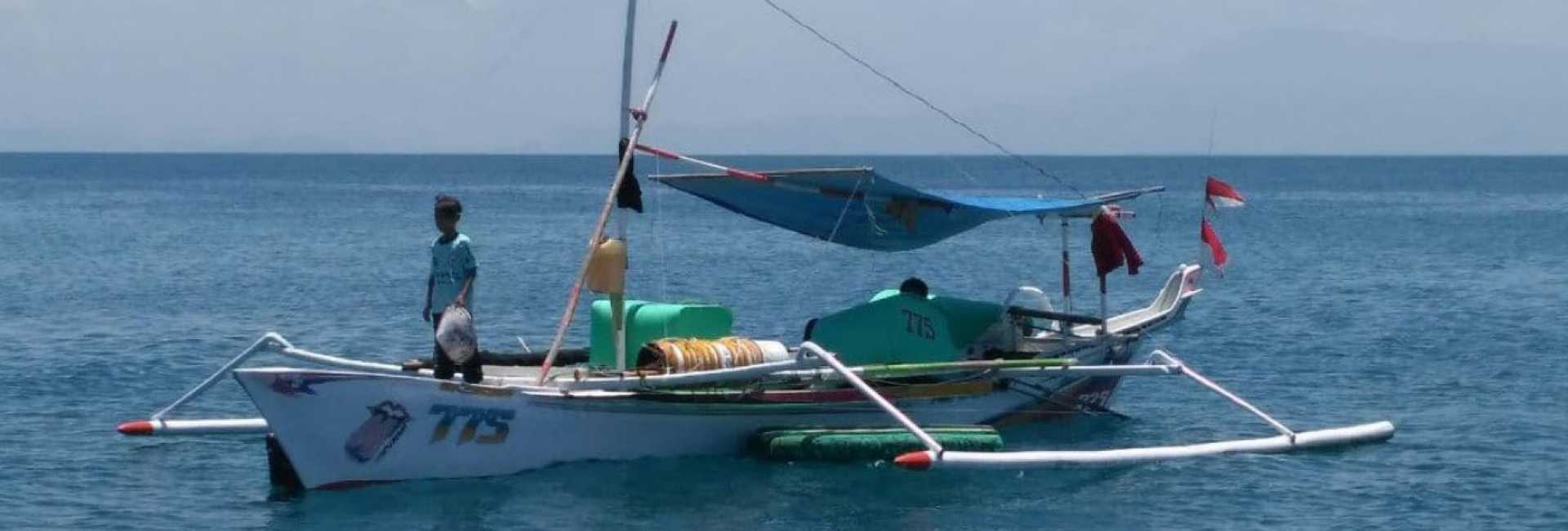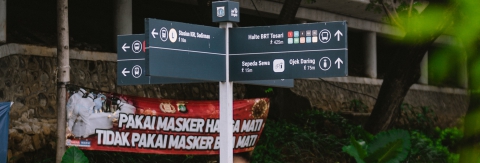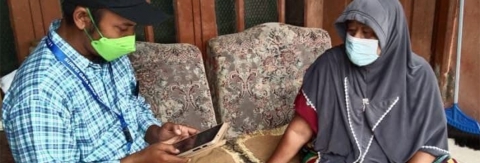The coronavirus disease 2019 (COVID-19) pandemic has caused changes in multiple aspects of life. As a response to these changes, the vulnerable communities have been forced to set out their coping strategies. Looking at their livelihoods, the vulnerable communities working in the nonagricultural sector have experienced an income decline during the pandemic. In contrast, the vulnerable communities working in the agricultural sector, such as land-owning farmers and agricultural business owners, have been able to maintain their income level. Some coping strategies used by the land and agricultural business owners, however, may cause sharecroppers and farm laborers to lose their jobs. Meanwhile, the economic coping strategies of those whose livelihood is in the industrial sector are dominated by efforts to change the product type and marketing strategies. At the same time, the economic coping strategies of people working in services and tourism are dominated by the movement of labor to other sectors. As for the aspect of social relations, there is a contradiction. On the one hand, strong social relations have supported the vulnerable communities’ coping strategies in facing the pandemic. On the other hand, the strong social relations can in fact hinder the implementation of the health protocols. At the community level, the coping strategies rely on the social organization system, which enables the undertaking of various activities to handle the pandemic.





